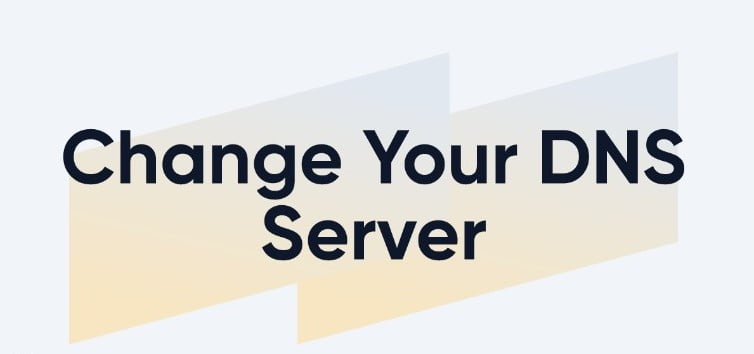
In the world of the internet, where every click leads to a network of interconnected servers, the Domain Name System (DNS) stands as a silent hero. From translating human-friendly domain names to machine-friendly IP addresses, DNS plays a crucial role in internet communication. Lately, the question arises: is changing your DNS legal, and more importantly, is it safe?
Reasons to Change DNS
Speed Improvement
One of the primary motivations behind changing DNS is the promise of enhanced speed. Certain DNS servers are optimized for faster responses, potentially reducing webpage loading times.
Enhanced Security Features
Some users opt for DNS changes to bolster their online security. Certain DNS providers offer features like phishing protection and malware filtering, providing an extra layer of defense.
Accessing Geo-Blocked Content
Changing DNS can be a workaround for accessing content restricted by geographic location. It opens avenues to a broader spectrum of online material.
Legal Aspects of Changing DNS
Legality of DNS Changes
The legality of changing DNS largely depends on the jurisdiction. In many regions, altering DNS settings on personal devices is entirely legal. However, it’s crucial to consider local laws and regulations.
ISP Policies
Internet Service Providers (ISPs) may have specific policies regarding DNS modifications. Users should review the terms of service to ensure compliance.
Jurisdiction Considerations
Global users must be aware of the jurisdiction governing their online activities. What might be legal in one country could be a violation elsewhere.
Safety Concerns
Risks Associated with Changing DNS
While changing DNS can offer benefits, it comes with potential risks. Users may inadvertently expose themselves to malicious activities if not cautious.
Mitigating Potential Dangers
Implementing DNS changes safely involves choosing reputable DNS providers, following security best practices, and staying informed about potential threats.
Best Practices for Safe DNS Changes
Adhering to best practices, such as using secure and verified DNS servers, can significantly minimize the safety concerns associated with DNS modifications.
Steps to Change DNS
Simple Guide for DNS Modification
Changing DNS settings is not rocket science. A step-by-step guide can empower users to make the switch confidently.
Popular DNS Servers
Exploring well-known DNS servers like Google DNS, OpenDNS, or Cloudflare DNS can be a good starting point for those contemplating a change.
Real-world Implications
User Testimonials
Hearing from users who have changed their DNS settings can provide valuable insights into the real-world impact of such decisions.
Impact on Online Experience
Experts weigh in on how altering DNS can affect online experiences, shedding light on both positive and negative outcomes.
Expert Opinions on DNS Modification
What do cybersecurity experts say about changing DNS? Their opinions can guide users in making informed decisions.
Common Misconceptions
Myths Surrounding DNS Changes
Dispelling common myths can help users separate fact from fiction, enabling them to make decisions based on accurate information.
Clarifying Misconceptions
Addressing misconceptions about DNS changes is crucial for fostering a better understanding of the process.
DNS Change Troubleshooting
Common Issues and Solutions
Users may encounter challenges during DNS modifications. Understanding common issues and their solutions can ease troubleshooting.
Seeking Professional Help If Needed
For those facing persistent issues or uncertainty, seeking professional assistance is a viable option.
Conclusion
In the evolving landscape of the internet, the decision to change DNS is a personal one with legal and safety considerations. Understanding the nuances, potential benefits, and risks empowers users to make informed choices that align with their online preferences and security priorities.
FAQs – Frequently Asked Questions
- Is changing DNS legal everywhere?
- The legality of DNS changes varies by jurisdiction. It’s essential to be aware of the laws governing your location.
- Can changing DNS improve internet speed significantly?
- While it can enhance speed, the degree of improvement depends on factors like the chosen DNS server and the user’s location.
- Are there risks associated with changing DNS?
- Yes, there are potential risks, such as exposure to malicious activities. However, following best practices can mitigate these risks.
- How do I troubleshoot common issues after changing DNS?
- Understanding common problems and solutions is the first step. If issues persist, seeking professional help is advisable.
- What should I consider before changing DNS for accessing geo-blocked content?
- Check the legality of such actions in your jurisdiction, and be aware that content providers may have terms of service in place.



